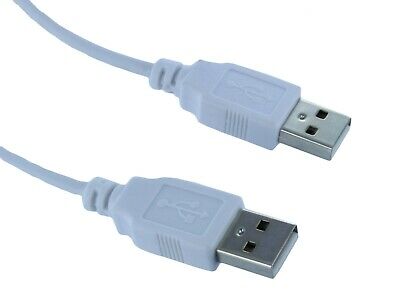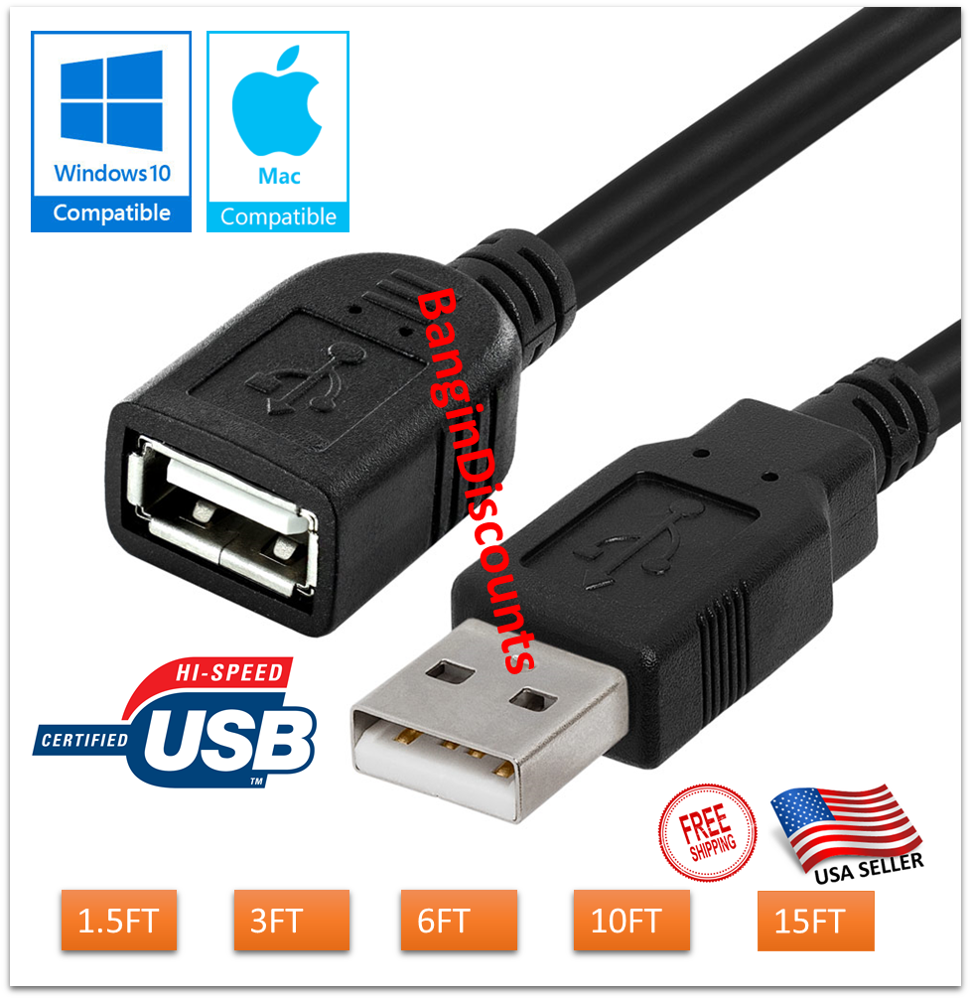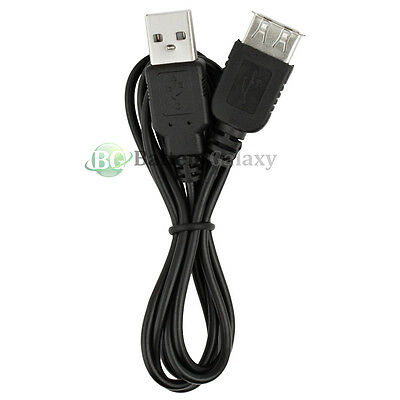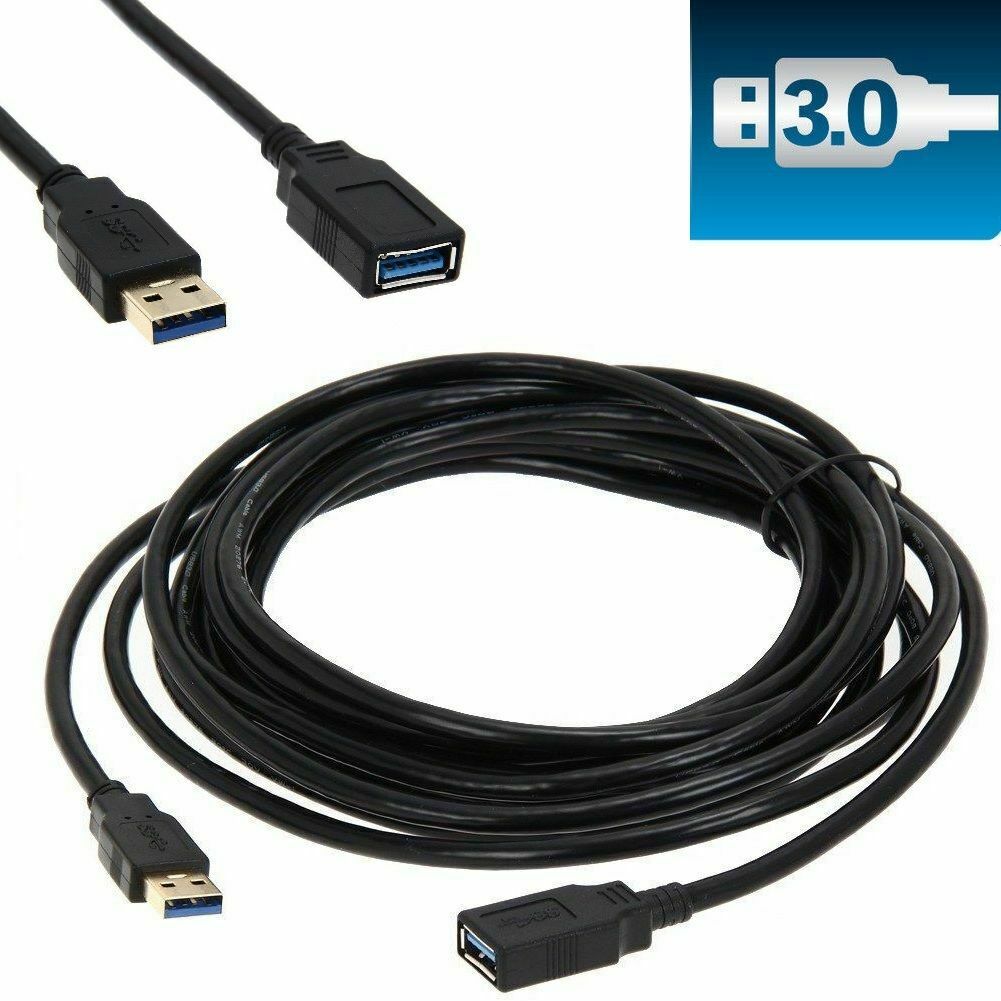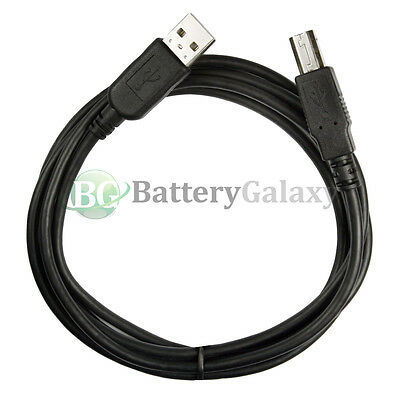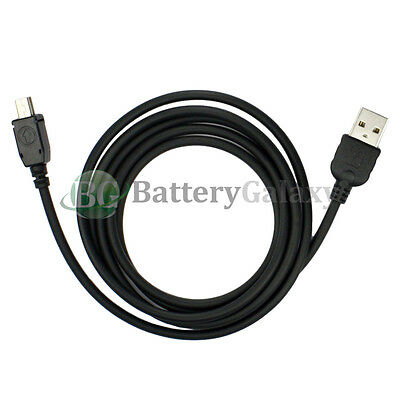-40%
Plugable USB Bluetooth 4.0 Low Energy Micro Adapter
$ 7.36
- Description
- Size Guide
Description
Add Bluetooth Technology to Your PCThe Plugable Bluetooth adapter adds the ability to connect Bluetooth devices to Windows and Linux PCs. This dual-mode adapter connects devices using Bluetooth Classic or Bluetooth Low Energy*.
Works with 32-bit and 64-bit editions of Windows 7*, 8.x, and 10. All Raspberry Pi models are supported, though we only recommend using the adapter with models that do not include Bluetooth. Supports recent versions of popular Linux distributions like Ubuntu, Mint, and Fedora. (Linux kernel versions 3.0.34, 3.2.20, and 3.4 and later)
Connect
Connect devices featuring Bluetooth technology that can be connected to your computer through the Plugable Bluetooth adapter include wireless Bluetooth headphones*, Bluetooth speakers*, Bluetooth mice**, Bluetooth keyboards**, Bluetooth game controllers***, and much more.
Range
As a certified Bluetooth Class 2 device, the Plugable Bluetooth adapter has been validated by the Bluetooth Special Interest Group (Bluetooth SIG) to connect up to 32 feet (10 meters) away.
Compact and Sturdy
The adapter's compact size and revised plastic casing means you can leave it in your laptop when you are on the go.
Designed For
Bluetooth Profile Support
Supports the following Bluetooth profiles (profile version varies):
Windows XP
—Bluetooth Core Spec Version 3.0 WIDCOMM software provides support for:
Bluetooth Classic Profiles — A2DP, AVCTP, AVDTP, AVRCP, BIP, BNEP, BPP, DUN, FTP, GAVDP, HCRP 1.2, HFP, HID, HSP, OPP, PAN, PBAP, RFCOMM, SPP, SDAP, SYNC
Windows Vista and 7
—Bluetooth Core Spec Version 4.0 (No support for Bluetooth Low Energy)
WIDCOMM software provides support for:
Bluetooth Classic Profiles — A2DP, AVCTP, AVDTP, AVRCP, BIP, BNEP, BPP, DUN, DID, FTP, GAVDP, HCRP, HFP, HID, HSP, MAP, OPP, PAN, PBAP, RFCOMM, SPP, SDAP, VDP
Windows 8, 8.1, and 10
—Bluetooth Core Spec Version 4.0 Windows 10's built-in Bluetooth stack provides support for:
Bluetooth Classic Profiles — A2DP, AVRCP, DUN, DI/DID, HCRP, HFP, HID, OPP, PAN, SPP
(limited****)
Bluetooth Low Energy Profiles (most via RFCOMM) — Battery, Blood Pressure, HID over GATT, GATT (GATT Server requires Windows 10 Creators Update), Heart Rate, Health Thermometer, Running Speed and Cadence, Scan Parameters.
Linux
—With kernel version 4.9+, BlueZ 5.48-5.52, Pulseaudio 10+, and oFono Classic Profiles:
Bluetooth Classic Profiles — A2DP, AVCTP, AVDTP, AVRCP, AVRCS, DID, DUN, GAVDP, GOEP, HCRP, HDP, HFP, HID over GATT, HID, IAP, MAP, MPS, OBEX, OPP, PAN, PBAP, RFCOMM, SAP, SPP
Bluetooth Low Energy Profiles — Alert Notification, Cycling Speed and Cadence, GATT, HID over GATT, Heart Rate, PXP, Scan Perameters, Time
Linux computers may need additional software and setup, and may not support all Bluetooth profiles. Specialized or minimal Linux verisons may not have Bluetooth support built into the kernel, and might not work without significant configuration. Many Linux distributions do not use the latest versions of BlueZ and Pulseaudio, which can create compatibility problems with devices unless those components, and the kernel, are updated.
Note: Some recent audio devices have pairing issues in Windows 7 or below, and in Linux with certain versions of BlueZ and Pulseaudio, due to their Bluetooth implementation. Beats and Bose audio devices may require downloading drivers from Plugable. Prior to Windows 8, Windows did not support Bluetooth Low Energy (Bluetooth Smart/BLE) and related profiles. While most Bluetooth 4.0 and above headsets, headphones, and speakers work well with the Plugable Bluetooth adapter in Windows XP through 10, they may require downloading specific drivers. Plugable can help with this.
Getting The Best Range
Bluetooth is designed to be an energy-efficient wireless connection. As such, it is more susceptible to wireless interference than technologies like WiFi.
Under ideal conditions, the Plugable Bluetooth adapter is rated to connect to devices up to 32 feet (10 meters) away. However, there are many factors that can reduce this range and cause issues like audio delays, skips, and cutouts.
Some common sources of interference are:
Using the Bluetooth adapter in a USB 3.0 port, rather than a USB 2.0 port. Or plugging the adapter next to an in-use USB 3.0 port.
Using the Bluetooth adapter in a USB port located at the back of your PC.
Objects and walls that break line-of-sight between a device and the adapter. Including the computer itself.
Compatibility Notes
Many devices require support for multiple profile to fully pair and function. Software issues are the responsibility of:
Broadcom for WIDCOMM software
Microsoft for the Windows Bluetooth stack
The respective Bluetooth open source projects for Linux issues. Linux support for Bluetooth is frequently updated and often has bugs with particular profiles (especially audio-related profiles)
Profile support information is based on Bluetooth SIG qualified listing data and release note information from software developers. Linux support for Bluetooth audio such as A2DP and HFP/HSP is undergoing significant development and may not function as changes occur. Ensure that software packages and your Linux distribution are using current updates if issues occur.
* Bluetooth Low Energy requires Windows 8 or higher. Windows 7 does not support Bluetooth Low Energy. Some headphones and speakers with Bluetooth Low Energy (Bluetooth 4.0 or above) may require using driver version 6.5.0.2000 which is available for download but is not included on the CD.
** Only connects mice and keyboards with Bluetooth as the wireless connection method. Mice and keyboards that include their own wireless adapter typically use a proprietary wireless connection that isn't compatible with Bluetooth. Additionally, newer Bluetooth mice and keyboards may require Windows 8 or later due to the lack of Bluetooth Low Energy support in Windows 7. Check compatibility details for your mouse or keyboard before purchase.
*** Connecting Xbox One controllers with Bluetooth requires Windows 10 Anniversary Update or later. Sony uses a proprietary implementation of Bluetooth on DualShock/Sixaxis controllers that may require a USB cable and third-party software to function. Nintendo controllers with Bluetooth use DirectInput rather than XInput, this creates compatibility issues with some modern games unless additional compatibility software such as Steam or Xpadder is used. Plugable cannot assist with issues relating to third-party software or non-standard Bluetooth implementations.
**** Windows Serial Port Profile (SPP) support is mostly available for devices rather than developers in Windows 8 and above. Microsoft recommends using RFCOMM instead of SPP in recent Windows versions.
Q: If USB 3.0 is newer and faster, why does Plugable recommend using a USB 2.0 port instead of a USB 3.0 port with the adapter?
A: While USB 3.0 (now known as USB 3.1 Gen 1 or USB 3.2 Gen 1) can provide higher throughput than USB 2.0, there is an unintended radio interference issue in the design of USB 3.0. USB 3.0 introduced radio frequency interference in the 2.4GHz to 2.5GHz range, which is the same radio spectrum used by Bluetooth and Wi-Fi, which Intel has published a whitepaper about. While this interference can be reduced through heavy shielding, it cannot be entirely avoided. USB 2.0 does not have this issue, but it is also important to use a USB 2.0 port that is not in very close proximity to an in-use USB 3.0 port as well. Also, since the adapter itself is USB 2.0, there is no possible performance advantage to using USB 3.0.
Q: Why shouldn't I plug the adapter in at the back of my computer? I don't really have any ports on the front, so what am I supposed to do?
A: Components inside a tower-style computer case are largely exposed inside the computer's case, and there is very little shielding to reduce radio interference that they produce. This is particularly true at the rear input/output panel of a PC. This is often why cables that are designed to plug in to the back of a computer will have a ferrite bead attached to them, to reduce radio interference. If you don't have a port available elsewhere on your PC, consider using a USB 2.0 hub to get more ports that are located away from the back of your PC, or a USB 2.0 extension cable.
Q: I'm not getting the range that I want with my devices even though I've made sure to avoid radio interference sources and have no obstructions blocking line-of-sight. What should I do?
A: Plugable can provide further assistance with these issues.
Q: I want to use this at work, or a computer provided by my employer. Will I need the help of our IT staff to get it working?
A: Yes, this is very likely. Many office environments use what is called a Windows domain environment that can interfere with the driver install. It is recommended to install the drivers using the domain's default 'Administrator' account to avoid install problems. Due to these issues, we don't recommend using the adapter on employer-provided computers.
Q: Can I use this together with my Windows computer's built-in adapter?
A: No. Windows can only support one Bluetooth adapter at a time. Also if you have ever used another adapter on the computer all, drivers for it must be removed before plugging in this adapter. Any internal adapters must be disabled. Plugable can help with this.
Q: Does this work with the Xbox One S controllers that feature Bluetooth?
A: Yes! The Plugable Bluetooth adapter works great with the Bluetooth-capable Microsoft Xbox One S Controller (Windows 10 with Anniversary Update or greater only), and other standards-compliant Bluetooth controllers. Be sure to check Microsoft's support documentation to verify that your controller model is Bluetooth-capable. Microsoft only recommends using one controller via Bluetooth. If you encounter input lag, please see the other notes regarding range issues as these apply to input delays as well.
Q: Will this work with my TV, home theater equipment, or my car stereo system?
A: Sorry, this device will only work when plugged into supported Windows or Linux computers. Even though TVs, home theater equipment, and stereos have USB ports, they don't have the necessary drivers to support this adapter. If your equipment takes a similar-looking Bluetooth dongle, you'll have to buy that exact adapter from the device maker.
Q: Will this work with Mac OS X/macOS systems or Apple Bluetooth peripherals?
A: All recent Mac computers are designed to work with their built-in adapters, and won't work with this one. Since Apple uses non-standard Bluetooth protocols, not all features of Apple devices will work when connected through our adapter, when the adapter is used with a compatible host. Most issues with Apple products occur on Linux systems. We have some user reports that AirPods are working well in Windows, and most peripherals seem to work okay in Windows.
Q: Will this work with PlayStation controllers, headsets, or other PlayStation products?
A: It might work, but we cannot say for sure. All PlayStation-branded devices use a non-standard Bluetooth implementation that requires third-party software, which we cannot support. It is also worth mentioning that Sony now offers an official USB wireless adapter for the DualShock 4.
Q: Will this work with Wii Remotes?
A: It might work, but we cannot say for sure. As with PlayStation peripherals, third-party software is needed to make use of the remotes, which we cannot support.
Q: Are there any special compatibility concerns with Bose, Beats, or other headphones and speakers?
A: Newer Bose audio devices may have pairing issues in Windows 7 or below due to their Bluetooth implementation. We have drivers for Windows 7 available for download to resolve this. Beats audio devices may require a driver update in Windows 8 and above which are also available for download from Plugable. Since some newer audio devices appear as a Bluetooth Classic and a Bluetooth Low Energy device, pairing to the correct Bluetooth channel on these devices for them to work can be unintuitive. Plugable can help.
Q: What are the install requirements on Windows 10?
Typically the appropriate 12.0.1.750 driver will install automatically through Windows Update. However, we have found that some recent changes to Windows 10 are causing issues with this automatic installation for some users. Plugable has steps to manually install this driver.
Q: Newer devices have Bluetooth versions above 4.0. What is the advantage/disadvantage of using this Bluetooth 4.0 adapter to add Bluetooth support to a PC?
A: Feature-wise, Bluetooth 4.0 is the most recent version to offer major functionality additions with the inclusion of Bluetooth Low Energy profiles. Bluetooth, as a set of standards, is designed for forwards and backwards compatibility. Because of that compatibility, all Bluetooth devices using versions above 4.0 will work with a Bluetooth 4.0 adapter, unless they specifically require a non-optional feature from newer versions. Bluetooth 4.1 and 4.2 mostly introduced some
optional
added security features to the Bluetooth specifications, but didn't really add any functionality that would change the experience of using Bluetooth devices. Bluetooth 5 introduced some
optional
enhancements to how Bluetooth operates. For example, a device maker can selectively choose to enhance the range, data transfer speed, power consumption, or the size of basic messages, but these enhancements cannot all be applied simultaneously. Since these newer versions of the Bluetooth standards are only really using optional features, they will work fine on Bluetooth 4.0.
An advantage to using a Bluetooth 4.0 at this point, is that it is a mature implementation of Bluetooth, and is quite stable and well understood. As an example, this adapter is one of the only USB adapters that you'll find on Microsoft's list of Bluetooth adapters suggested for Windows Mixed Reality.
The Monoprice 8323 is NOT Compatible.






